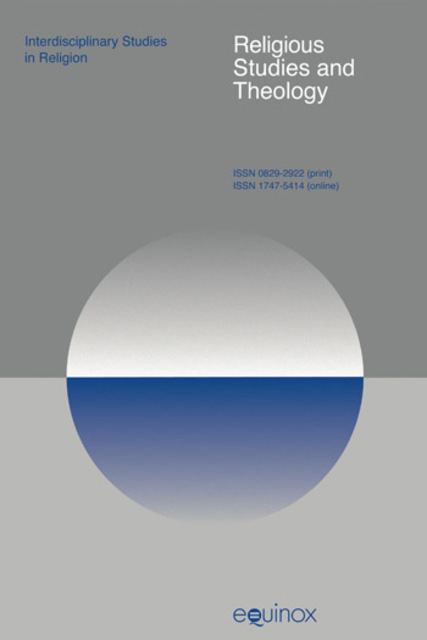The Unreliable Narrator: A Literary Study of Traumatic Experience through Chava Rosenfarb’s Rella Character

Caufield, C. . (2021). The Unreliable Narrator: A Literary Study of Traumatic Experience through Chava Rosenfarb’s Rella Character. Religious Studies and Theology, 40(2), 203–216. https://doi.org/10.1558/rst.21472
Full description
“Edgia’s Revenge” is ostensibly the story of a symbiotic relationship between Rella and Edgia, two women who were inmates in Auschwitz during World War II. The narrative is written in retrospective, a kind of suicide note that the protagonist prepares before taking the coloured pills on her bedside. It is the telling of the story of an unrepentant female kapo, the term for Jewish guards who supervised the forced labour of other Jews in the heinous concentration and forced labour camps. The reader serves as listening witness as Rella remorselessly absolves herself of her own behaviour, refusing responsibility even for the act of taking her own life. “Edgia’s Revenge” is an unsettling short story; its disquieting tone is created in no small part by the use of unreliability in the narrative voice and Rella’s unrepentant account of her life. Her self-centredness and twisted perception is chilling, particularly as it is dressed in the beautiful clothes of kindness and culture; this outward beauty covers, hides, a Jew who participated in carrying out the activities of the death camps. “Edgia’s Revenge” presents the undressing, the revealing, of a woman who, because she survived, was forced, ultimately unbearably, to live with herself and her own behaviour.
- typeImage
- created on
- file formatjpeg
- file size31 KB
- container titleReligious Studies & Theology
- creatorCatherine Caufield
- issn1747-5414 (online)
- publisherEquinox Publishing Ltd.
- publisher placeSheffield, United Kingdom
- rightsEquinox Publishing Ltd.
- series number40.2
- volume
- doi
We use cookies to analyze our traffic. Please decide if you are willing to accept cookies from our website. You can change this setting anytime in Privacy Settings.
